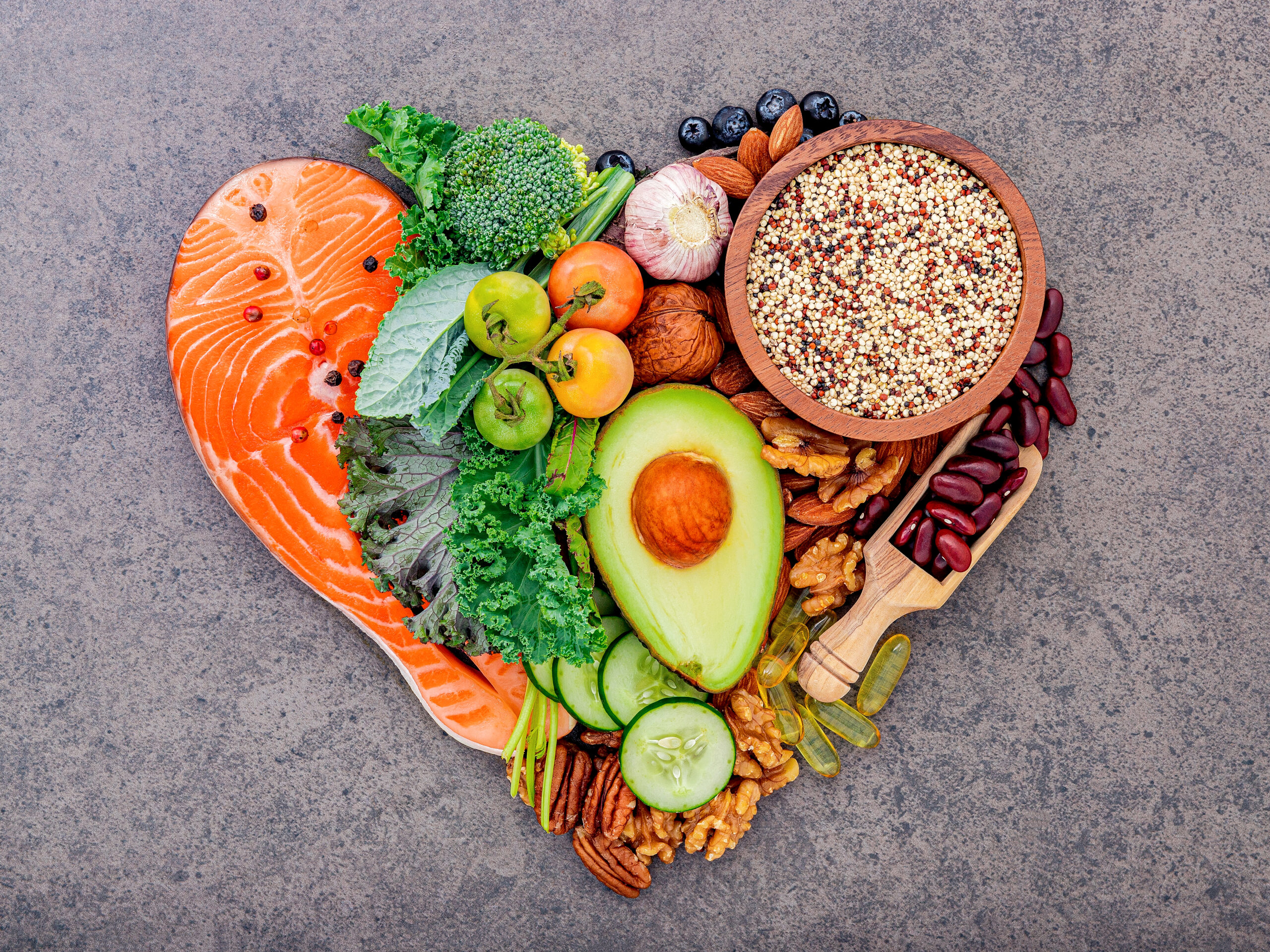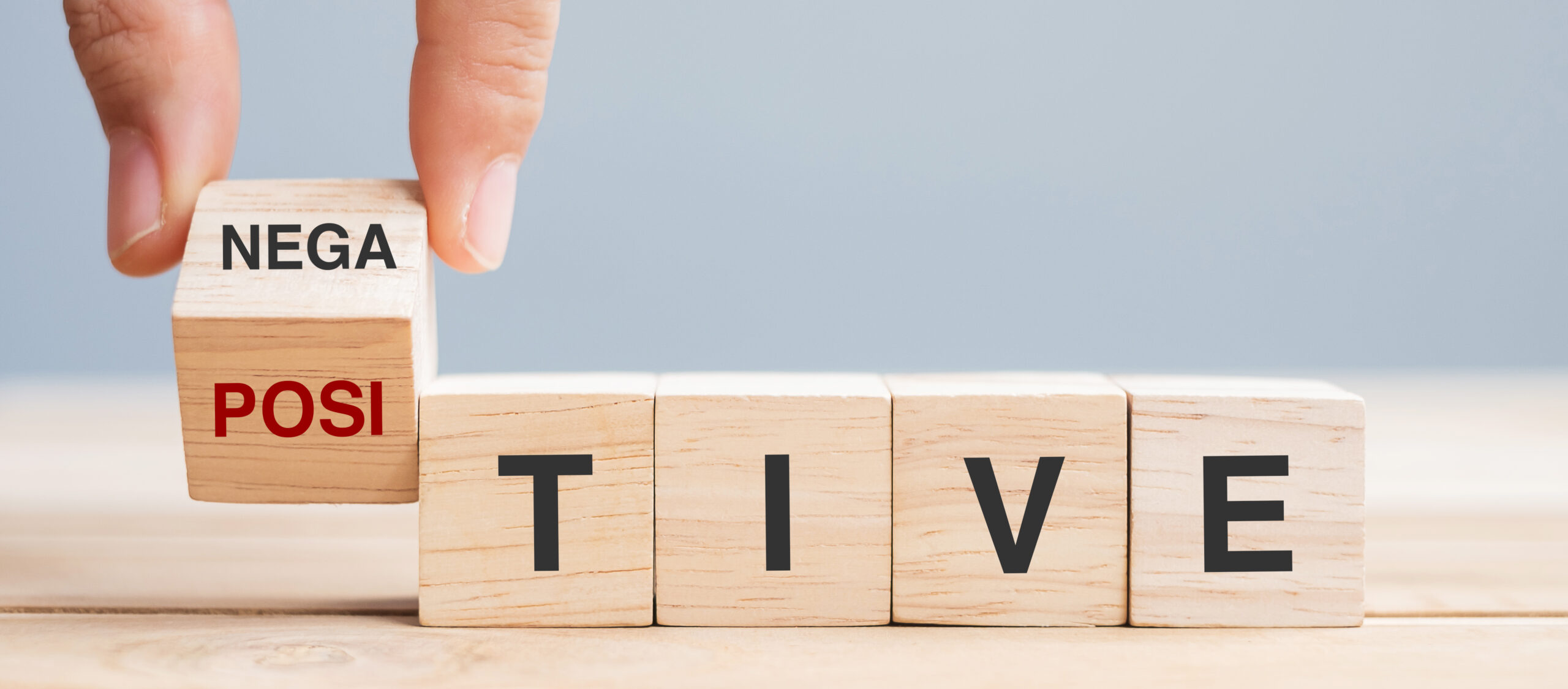Stress and anxiety are natural responses to life’s challenges, but when they become overwhelming or persistent, they can impact mental and physical well-being. While medication is an option for some, many people seek natural approaches to manage stress effectively. By incorporating lifestyle changes, relaxation techniques, and mindset shifts, it’s possible to reduce stress levels and build resilience over time.
1. Understanding Stress & Anxiety
What Happens in the Body?
When faced with stress, the body activates the “fight-or-flight” response, releasing hormones like cortisol and adrenaline. These chemicals prepare the body to deal with threats but can also lead to symptoms such as increased heart rate, muscle tension, and heightened alertness.While short-term stress can be helpful, chronic stress can negatively affect sleep, digestion, immune function, and mental clarity. Understanding how stress works is the first step towards managing it effectively.The Difference Between Stress & Anxiety
- Stress is typically a response to an external trigger (e.g., work deadlines, financial concerns). It tends to subside once the situation improves.
- Anxiety is a more prolonged state of worry or fear, even in the absence of immediate stressors. If persistent, it may require professional guidance.
2. Lifestyle Strategies for Stress Management
Regular Physical Activity
Exercise is one of the most effective ways to reduce stress. Activities like walking, running, swimming, or yoga release endorphins, the body’s natural mood boosters. Regular movement also reduces muscle tension, lowers cortisol levels, and improves sleep quality.Best Exercises for Stress Reduction
✔ Cardio workouts (e.g., jogging, cycling) to release built-up tension. ✔ Strength training to boost energy and resilience. ✔ Yoga & stretching to relax muscles and enhance mindfulness.Sleep & Stress: The Vital Connection
Lack of sleep can amplify stress, making daily challenges feel overwhelming. Establishing a consistent sleep schedule and creating a relaxing bedtime routine can improve sleep quality.Tips for Better Sleep
✔ Avoid screens (blue light) before bed. ✔ Keep a cool, dark, and quiet sleeping environment. ✔ Try relaxation techniques like deep breathing or reading before bedtime.The Role of Nutrition in Stress Management
What we eat directly affects our mood and stress levels. A balanced diet rich in whole foods, healthy fats, and lean proteins supports brain function and hormone regulation.Foods That Help Reduce Stress
✔ Magnesium-rich foods (nuts, seeds, spinach) help relax muscles and nerves. ✔ Omega-3 fatty acids (salmon, flaxseeds) support brain health and reduce inflammation. ✔ Complex carbohydrates (whole grains, oats) help regulate serotonin, a key mood-stabilising neurotransmitter.
Limiting Stimulants & Sugar
Caffeine and sugar can contribute to anxiety by causing energy crashes and increasing heart rate. Switching to herbal teas or drinking plenty of water can help maintain stable energy levels.3. Psychological & Mindfulness Techniques
Deep Breathing & Meditation
Deep breathing exercises activate the parasympathetic nervous system, shifting the body from stress mode to relaxation.✔ Box breathing (Inhale for 4 seconds, hold for 4, exhale for 4, hold for 4). ✔ Progressive muscle relaxation (Tensing and releasing muscles to reduce tension). ✔ Mindfulness meditation (Focusing on the present to prevent overthinking).Journaling & Expressing Emotions
Writing down thoughts can help process emotions, reduce worry, and organise thoughts more clearly. Gratitude journaling—listing things you’re thankful for—has been shown to retrain the brain to focus on positivity rather than stressors.Social Connection & Support
Isolation can increase stress, while social interactions can lower cortisol levels. Speaking with friends, family, or support groups provides emotional relief and a different perspective on stressful situations.✔ Spend time with loved ones – meaningful connections are a natural stress buffer. ✔ Engage in hobbies – creative activities like painting, music, or gardening promote relaxation.
4. Practical Relaxation Techniques
Nature & Outdoor Exposure
Spending time in nature lowers blood pressure and reduces cortisol levels. Whether it’s a walk in the park, hiking, or simply sitting outside in fresh air, exposure to natural settings has profound stress-relieving effects.Aromatherapy & Sensory Relaxation
Essential oils like lavender, chamomile, and sandalwood have been linked to relaxation. Diffusing these oils, adding them to bathwater, or using them in massages can help ease tension.✔ Warm baths with Epsom salts to relax muscles. ✔ Soft instrumental music to calm the nervous system. ✔ Weighted blankets to provide comfort and a sense of security.5. Long-Term Stress Prevention & Mindset Shifts
Time Management & Reducing Overwhelm
Many stressors come from feeling overwhelmed by responsibilities. Learning to prioritise tasks, set boundaries, and say no when necessary can prevent unnecessary pressure.✔ Break large tasks into smaller steps to avoid procrastination. ✔ Use a planner or to-do list to organise daily goals. ✔ Practise self-compassion – perfection isn’t necessary; progress is key.Developing a Positive Mindset
How we perceive stress affects its impact on our health. Viewing challenges as opportunities for growth rather than threats can shift our stress response to a more productive state.✔ Reframe negative thoughts – replace “I can’t handle this” with “I’ll take it one step at a time.” ✔ Practise gratitude – focusing on what’s going well can reduce anxiety. ✔ Laugh more – humour and laughter naturally lower stress hormones.

